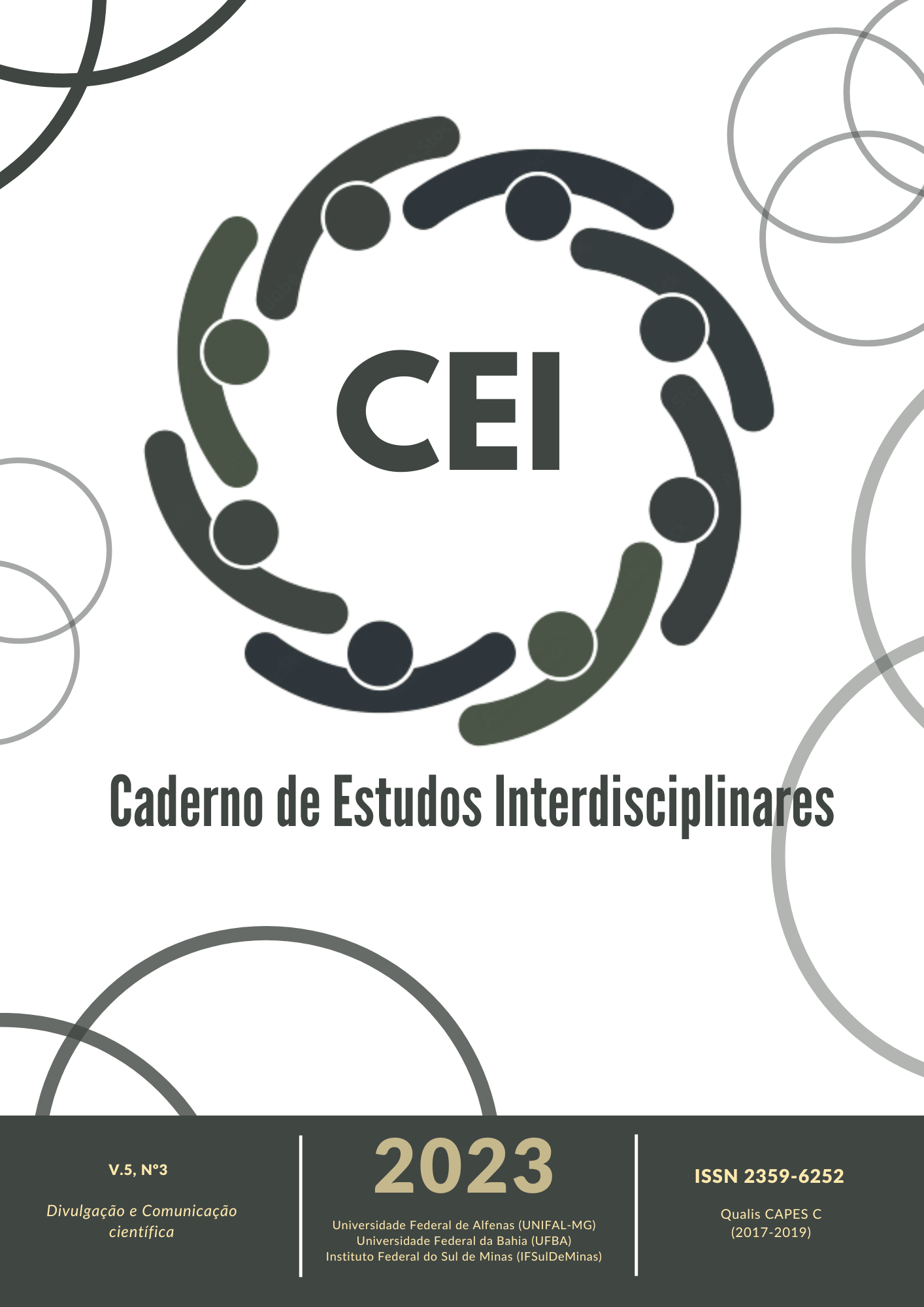PROTÓTIPO DE UM APLICATIVO DE EDUCAÇÃO FINANCEIRA POR MEIO DE DESIGN THINKING
Keywords:
Educação Financeira, Software educativo, Design thinkingAbstract
This paper proposes the creation of a prototype of financial education software for cell phones that helps the user understand how our minds work and how a large part of financial decisions are influenced by behavioral biases. The objective is to deliver a prototype of a financial education application that will create tests (quiz) to measure the user's knowledge on the subject and guide them through the concept of behavioral biases. To this end, in addition to the application prototype, a bank of questions inspired by the institutionalist theory of financial education was created. The software is expected to be an invitation to the user to stop, reflect and recognize that their decisions are influenced by factors that they are often unable to perceive. Additionally, it is expected that, by internalizing the existence of behavioral biases, one will realize that no matter how financially literate an individual may be, they are subject to “traps” that can lead them to make bad decisions.
References
EY. Não é novidade que o setor financeiro está passando por grandes mudanças, 2020. Disponível em: <https://www.ey.com/pt_br/financial-services/transformacao-do-setor-bancario>. Acesso em 11dez. 2023.
BROWN, T. Design Thinking – Uma metodologia poderosa para decretar o fim das velhas ideias. Rio de Janeiro: Alta Books, 2020.
CHAGUE, F.; GIOVANNETTI, B. É Possível Viver De Day-Trading? Relatório CVM, p. 23, 2019.
CONSUMER FINANCIAL PROTECTION BUREAU. Navigating the market: a comparison of sending on financial education and financial marketing. Iowa: CFPB, 2013.
GOMES, A.; PADOVANI, S. Usabilidade no ciclo de desenvolvimento de software educativo. Simpósio Brasileiro de Informática na Educação, Juiz de Fora –MG, 2005.
KAHNEMAN, D. Rápido e Devagar: duas formas de pensar. Rio de Janeiro: Objetiva, 2012.
KLAPPER, L.; LUSARDI, A.; VAN OUDHEUSDEN, P. Insights From the Standard & Poor’S Ratings Services Global Financial Literacy Survey. Financial literacy around the world. [S.l: s.n.], 2015. Disponível em: <https://gflec.org/wp-content/uploads/2015/11/3313-Finlit_Report_FINAL-5.11.16.pdf?x56258>. Acesso em 11 dez. 2023.
MEINERZ, C. B. Grupos de Discussão: uma opção metodológica na pesquisa em educação. Educ. Real., Porto Alegre, v. 36, n. 2, p. 485-504, maio/ago. 2011.
MEIRELLES, F. Pesquisa do uso de Tecnologia de Informação nas Empresas. Fundação Getúlio Vargas (FGV-EAESP), 34° edição anual. 2023. Disponível em: https://eaesp.fgv.br/sites/eaesp.fgv.br/files/u68/pesti-fgvcia-2023_0.pdf. Acesso em 12 dez 2023.
MOSMANN, G. Você teria caído no golpe que fez Juliana Paes perder dinheiro; entenda. Disponível em: <https://economia.uol.com.br/mais/colunas/2021/09/20/falta-de-conhecimento-financeiro-investimentos.htm>. Acesso em: 26 set 2021.
PEIXOTO, M. M.; SILVA, C. (2015) Requisitos para Softwares Educacionais Gamificados: Uma Revisão Sistemática de Literatura. In Anais do 18° Ws em Engenharia de Requisitos, Lima, Peru.
PEREIRA, D. R. M. O ensino através do computador: os tipos de softwares educativos e seu uso. 2011.
PEREIRA, F. B.; Notas de um plano nacional de capacitação financeira. Tese doutoramento na UFMG. 2015.
SILBER, S. D. A economia mundial após a crise financeira de 2007 e 2008. Revista USP, v. 0, n. 85, p. 82, 2010.
TRIPP, D. Pesquisa-ação: uma introdução metodológica. Educação e Pesquisa, São Paulo, v. 31, n. 3, p. 443-466, set./dez. 2005.
VIANNA, M. et al. Design Thinking: Inovação em negócios. Rio de Janeiro: MJV Press, 2012.
Downloads
Published
How to Cite
Issue
Section
License
Copyright (c) 2023 Cadernos de Estudos Interdisciplinares

This work is licensed under a Creative Commons Attribution-NonCommercial-NoDerivatives 4.0 International License.

